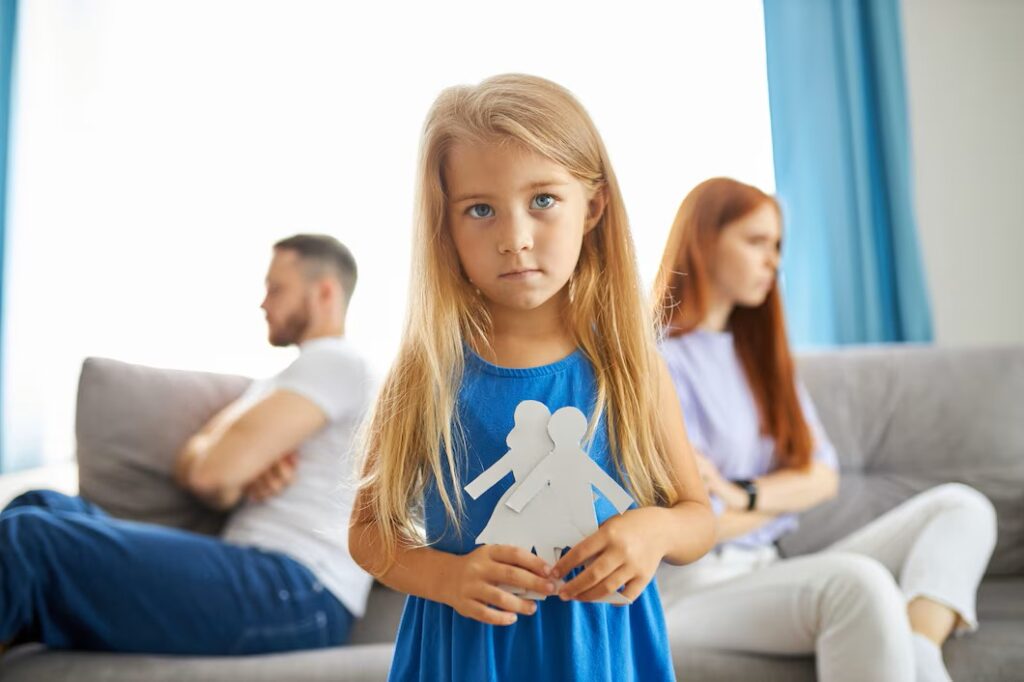Protecting Your Children During Divorce: Why Mediation Matters

Divorce is a difficult process for the entire family, but it can be particularly challenging for children. The emotional turmoil, uncertainty, and conflict can have a significant impact on their well-being. Choosing the right approach to navigate this difficult time is crucial for minimizing the negative impact on your children.
Why Mediation is Better for Children:
- Reduced Stress and Anxiety: Litigation is often adversarial and contentious, creating a stressful and anxiety-provoking environment for children. Mediation, on the other hand, is a more collaborative and child-centered approach. It focuses on open communication and finding solutions that work for everyone, minimizing conflict and reducing stress for children.
- Preserved Family Relationships: Litigation can damage family relationships, creating animosity and resentment between parents. Mediation encourages parents to maintain a respectful and cooperative relationship, which benefits children by preserving their bond with both parents.
- Child-Centered Focus: Mediation prioritizes the best interests of the children. It allows parents to express their concerns about their children’s needs and well-being, and to develop a parenting plan that addresses their specific needs and developmental stages.
- Flexibility and Customization: Mediation allows for more flexibility and creativity in developing parenting plans. Parents can tailor solutions to their unique family dynamics and circumstances, rather than relying on rigid court orders.
- Empowering Children (when appropriate): In some cases, with appropriate guidance from the mediator, children can be involved in the mediation process to express their feelings and preferences (age-appropriately). This can help them feel heard and respected.
How Mediation Works for Child-Focused Divorce:
- Initial Consultation: You’ll meet with a qualified family mediator to discuss your situation and determine if mediation is the right fit for your family.
- Child-Centered Approach: The mediator will prioritize the needs and well-being of your children throughout the process.
- Co-Parenting Plan Development: With the guidance of the mediator, you’ll work together to develop a comprehensive co-parenting plan that addresses issues such as:
- Custody arrangements (shared custody, sole custody, etc.)
- Parenting time schedules
- Decision-making responsibilities (education, healthcare, etc.)
- Child support
- Communication protocols
- Resolving Disputes: The mediator will help you resolve any disputes that arise and reach mutually agreeable solutions.
- Formalization of the Agreement: The agreed-upon parenting plan will be documented and legally binding.
If you are going through a divorce, consider mediation as a way to protect your children. It’s a more child-centered, less stressful, and more collaborative approach that can help you navigate this difficult time and ensure the best possible outcomes for your children.
Call us today to schedule a consultation and learn more about how mediation can help you protect your children during divorce.
If you are facing family conflict, consider divorce mediation. It’s a more cost-effective, less stressful, and more collaborative approach that can help you achieve a positive resolution for your family.
Call us today or schedule a free consultation and learn more about how our services can help you.

Renee Kostick Reynolds is a mediator at Colin Family Mediation Group and is an avid writer for The CFMG Blog.
